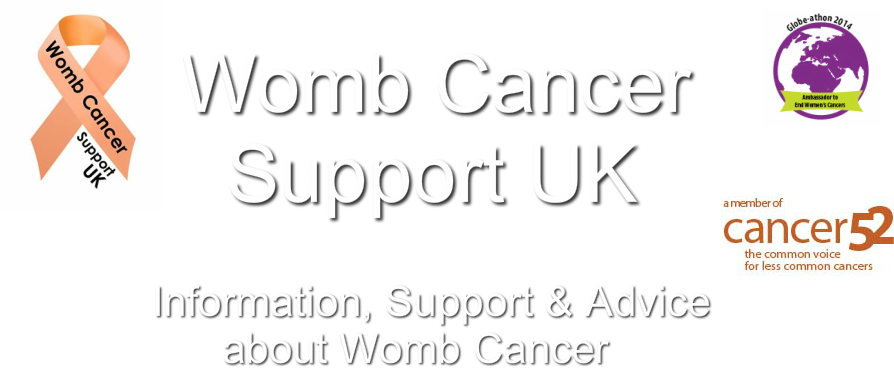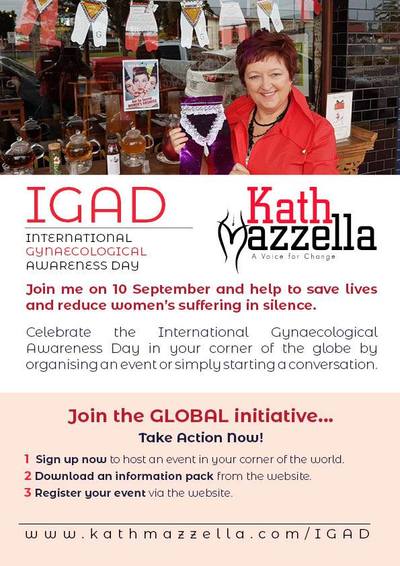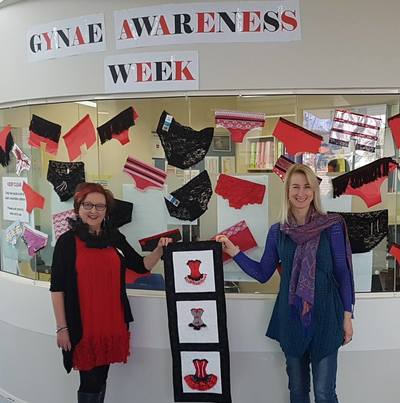Someone asked me recently why I still talk about womb cancer all the time. After all, they reasoned, I no longer have it and its over 8 years since I was diagnosed so why don’t I just forget about it and get on with my life.
The simple answer if – I can’t forget about it. I am living with the long term consequences of treatment and every day when I wake up and struggle to put my lymphoedema compression stockings on it is a reminder, as if I needed one, that womb cancer came into my life suddenly, without warning and ruined my life. Womb cancer will always be a part of my life.
I also want to make sure, through the work I do with Womb Cancer Support UK that other women are not left feeling alone and scared when they hear the words “Sorry, but you have cancer” Through the support WCSUK offers in our private Facebook group, we make sure that no woman faces this alone.
But above all, I want to make sure that all women, of every age, shape and size know about womb cancer. It’s the most common of the gynaecological cancers and the fourth most common cancer to affect women so why don’t they know about it? Why are women still being diagnosed with a cancer they have never heard of, just like I was at the end of 2009?
I’m not the only womb cancer patient turned awareness advocate – there are more and more of us willing to stand up and share our story to help raise awareness. In the absence of a national awareness campaign, we have to if we want women to know and be aware of womb cancer.
Together, we are stronger and together we will #GiveWombCancerAVoice.




 RSS Feed
RSS Feed
